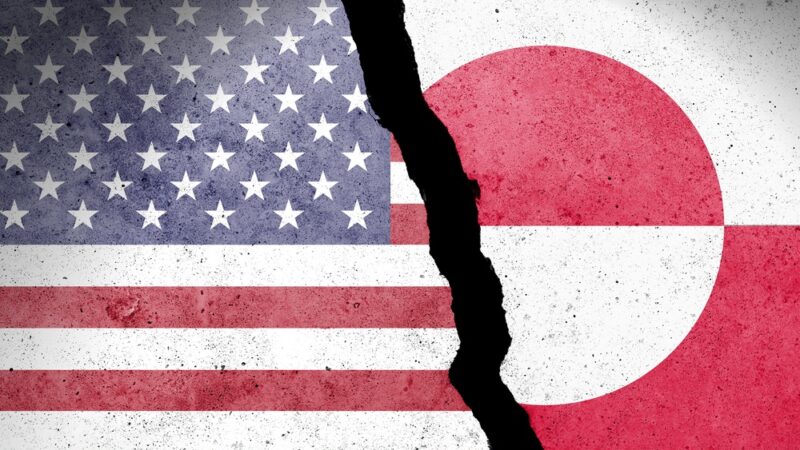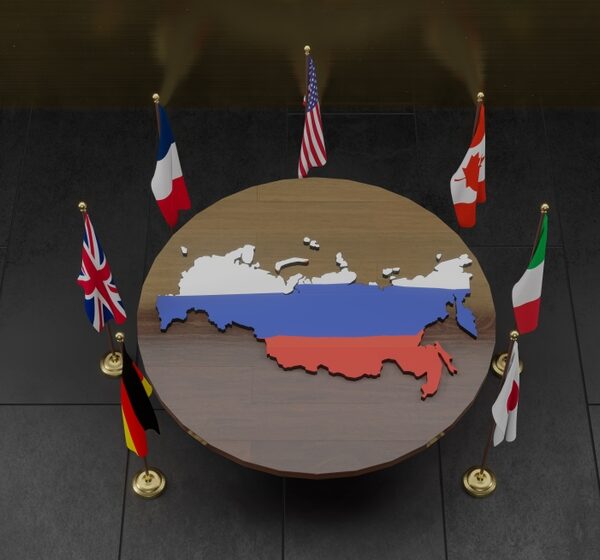The UK’s far-right violence: terrorism, riots, or protests?
A knife attack at a summer dance class in Southport that shocked the nation and sparked violent protests as misinformation and speculation spread like wildfire across social media. On July 29, three children were killed, and 10 others, eight of whom were children, were severely injured.
It was suggested that the then unnamed suspect was a radical Islamist migrant, with anti-immigrant protesters descending on Southport from elsewhere, attacking police and targeting a mosque following the attack.
Axel Rudakubana was arrested and charged on July 31 with three counts of murder, ten counts of attempted murder, and possession of a bladed article. Rudakubana is a 17 year old British citizen who was born in Cardiff to parents from Rwanda.
Coverage of the subsequent riots across the UK was criticised for failing to describe them as acts of terrorism – particularly since many remember the recent Tory party falling to strong criticism after Suella Braverman described peaceful pro-Palestine demos ‘hate marches’.
So just how reluctant has the media been, when comparing ‘protests’, ‘terrorism’ and ‘riots’? After all, language matters…
Telegraph readers: ‘Riots aren’t the cause, they’re a symptom’
Worst far-right violence should be treated as terrorism, ex-police chief says
Conservatives left UK wide open to far-right violence, says former adviser
The Times view on the riots: Court Order
Ex-counter-terror police chief likens riots to ‘terrorism’ and calls bid to torch migrant hotel ‘an attempt at modern day lynching’ as far-right groups share arson manual after UK is gripped by another night of violence
UK riots show all of us why need to take a step back and actually fix our problems
Ex-police chief likens riots to terrorism
















